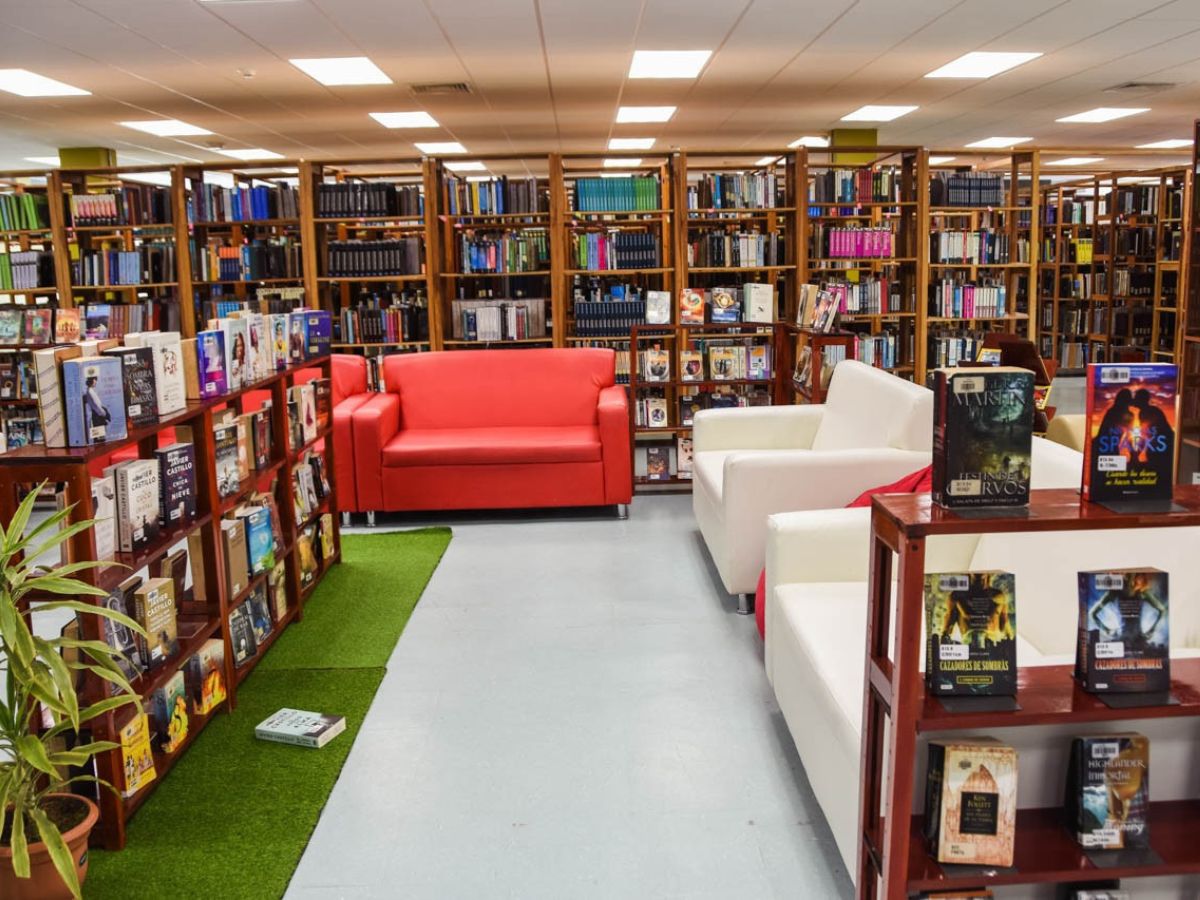The Tangled Web of Presidential Politics
In Costa Rica, a land known for its lush rainforests and tranquil beaches, President Rodrigo Chaves is embroiled in a web of controversy as he navigates the choppy waters of his 20th month in power. Recently, leaked audio recordings have sparked a firestorm, exposing controversial tactics against the media and plummeting the president’s approval ratings.
Echoes of Controversy: The Audio Scandal Unfolds
The recordings, featuring conversations between Chaves and his communications team, were released by Patricia Navarro, a former minister labeled a “traitor” by the president. These tapes, handed over to La Nación, shed light on plans to manipulate media coverage and reveal disturbing insights into the administration’s inner workings.
The President vs. The Press: A Tumultuous Relationship
Chaves, no stranger to controversy, has been notorious for his antagonistic stance toward the free press. The audios validate concerns about his attempts to muzzle journalistic freedom, detailing strategies to sideline media adversaries and manipulate public perception.
A Government Under Scrutiny: Scandals and Allegations
The recordings are a Pandora’s box, unveiling discussions about state advertising manipulation, questionable contracts, and even alleged presidential orders for phone tapping. They paint a picture of a government embroiled in questionable practices and highlight the president’s abrasive leadership style.
The Fallout: Legal Battles and Public Outcry
In response to the scandal, Chaves filed complaints against Navarro and La Nación, citing privacy violations. However, the judiciary saw these recordings as matters of public interest, given their implications on public contracts and governance.
Economic Triumphs Amidst Political Turmoil
Despite the media storm, Chaves touts Costa Rica’s economic successes under his watch, boasting about growth, inflation control, and fiscal stability. However, these achievements are overshadowed by his administration’s handling of the country’s worst-ever security crisis, marked by an unprecedented spike in homicides.
Chaves’ Confrontational Governance
The president’s governing style is marked by clashes with other branches of government and institutions. His administration’s response to the crime wave and his contentious relationship with the media and opposition parties hint at a leadership approach that is increasingly confrontational.
A Nation at a Crossroads
As the legislative body, dominated by opposition parties, amplifies its scrutiny, Costa Rica finds itself at a critical juncture. The balance between economic progress and democratic principles hangs in the balance, with the freedom of the press—a cornerstone of Costa Rican democracy—under threat.
Source link
admin



